Keywords: Progressive
There are more than 200 results, only the first 200 are displayed here.
-

PODCAST
Justin Trudeau became Prime Minister of Canada in 2015, taking the Liberal Party to a strong majority after nearly a decade of Conservative rule. He signaled many things that were seen as progressive. But is he really all that? In this episode of ChatterSquare Extra, we catch up with Neal Jennings, Canadian politics nerd, who joins us from Vancouver.
READ MORE
-

AUSTRALIA
- Pepi Ronalds
- 06 March 2017
3 Comments
This week marks the anniversary of the triple disaster (earthquake, tsunami and nuclear meltdown) that hit northern Japan on 11 March 2011. The event took over 18,000 lives, and initially displaced 470,000 people. Six years on, 127,000 are still without a permanent home. Delays have been caused by the sheer physical scope, pre-existing regulations and other restrictions. These are all understandable. What is less easy to accept are the disruptions caused by the 2020 Olympics in Tokyo.
READ MORE 
-
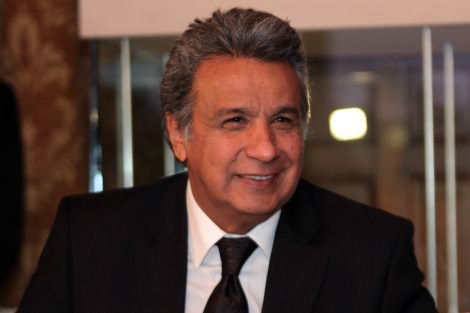
INTERNATIONAL
- Antonio Castillo
- 02 March 2017
5 Comments
Ecuadoreans will head back to the polls on 2 April after this month's presidential election didn't come up with an outright winner. Against all projections Socialist Lenin Moreno, who served as Rafael Correa's vice president from 2007 to 2013, did very well. While he fell short of winning, there is a sense that the Ecuadorean 21st century socialism, an economic and political model instigated by Correa, is still popular; and in this Andean country of 15 million the majority are poor.
READ MORE 
-

AUSTRALIA
- Daniel Nicholson
- 24 February 2017
9 Comments
In the footage of one violence protest, I was shocked to see a handful of my homeless clients, draped in Australian flags, engaged in street battles with anti-racists. These young men had experienced alienation, exploitation and poverty - all the things the Left is supposed to fight against. Long, uncomfortable conversations don't make for good social media content, yet if Australia is to stare down the threat of a rising alt-right it won't be done by yelling at right wing fringe groups across a police barricade.
READ MORE 
-
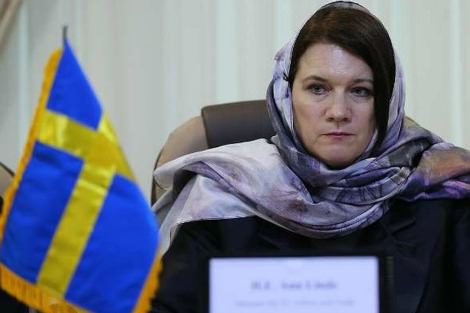
INTERNATIONAL
- Azadeh Davachi
- 16 February 2017
4 Comments
Sweden's feminist Trade Minister Ann Linde has come under sharp criticism from some Iranian women's rights activists after she and her female colleagues wore hijab and long coats in their meetings with the Iranian president and other delegations in Tehran. Later Linde maintained she did not want to violate the law in Iran where it has been mandatory for women to wear headdress since 1979. This flies in the face of the Swedish government's position on women's rights.
READ MORE 
-

AUSTRALIA
- Naomi Fryers
- 10 February 2017
10 Comments
In my mid-20s, I sectioned under the Mental Health Act into the public inpatient system. The experience is so etched in my mind that it wasn't until recently, half a decade on, that I finally managed to shake the residual anxiety. A single admission to the public mental health system saw me crippled by Post Traumatic Stress Disorder. By contrast, I've never had an inpatient admission to a private psychiatric hospital where I haven't been discharged in comparative good health.
READ MORE 
-
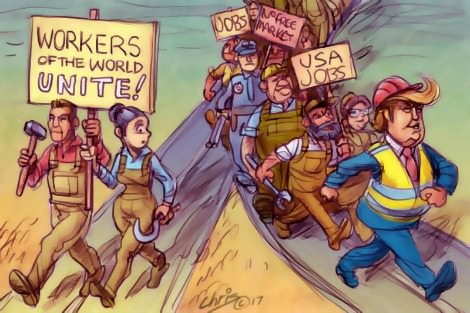
INTERNATIONAL
- Colin Long
- 10 February 2017
15 Comments
Much commentary on Trump's victory has veered between two explanations: either there is large proportion of the electorate with 'deplorable' attitudes to women and minorities; or economic dislocation has produced an angry white working class eager to punish political elites. These explanations are not mutually exclusive. The willingness to ignore or welcome Trump's misogyny is a symptom of the undermining of a deep sense of masculinity that, for some men, is their primary identity.
READ MORE 
-

ENVIRONMENT
- Greg Foyster
- 02 February 2017
10 Comments
If climate change were a short-term problem, polarisation wouldn't be so crippling. One side could push a solution through parliament, and by the time the other side took power it might be a non-issue. But climate change is an extraordinarily long-term problem that requires massive investment in new infrastructure and consistent policy settings over decades. It needs a supermajority of support so years of work isn't undone with each change of government. That means getting conservatives on board.
READ MORE 
-
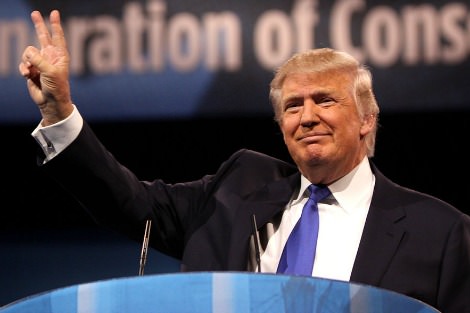
INTERNATIONAL
- Jeff Sparrow
- 16 December 2016
12 Comments
Assad's victory epitomises, in a sense, the reactionary tide prevailing just about everywhere in this, the Year of the Donald. The hopes raised during the Arab Spring have, it seems, been crushed, with the Syrian regime consolidating its grip over a nation it has oppressed for so long. Yet Aleppo also illustrates how little the Right's victories have actually settled. The Right's biggest asset is often the Left, with progressives seemingly determined to validate all the smears levelled against them.
READ MORE 
-

AUSTRALIA
- Neve Mahoney
- 14 December 2016
7 Comments
If the political trash-fire of 2016 has taught us anything, it's that white moderates are more than willing to throw minorities under the bus in order to preserve the status quo. It comes out in their tone policing. It comes out in calls for 'respectful' dialogue without considering how socio-political power structures mean minorities are always at a disadvantage in those kinds of conversations. Whiteness has always been a moving target and has more to do with power and privilege than skin colour.
READ MORE 
-
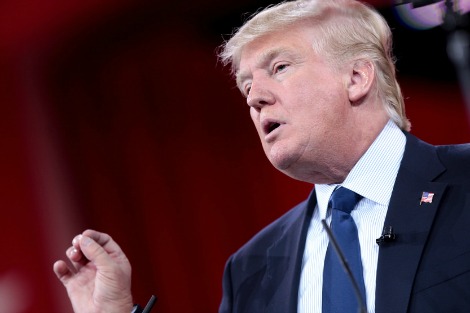
INTERNATIONAL
- Fatima Measham
- 10 November 2016
19 Comments
It didn't take long for me and other Filipino friends to be asked 'How do we Americans deal with this?' There is nothing soothing to say. Trump is not Duterte, of course, and there are differences in governance and law enforcement that (as yet) better protect Americans. But what I know is it is not the office that makes the person presidential. It is a waste of time to expect Trump to change. There will be no post-election unity, despite the conciliatory noises being made. And yet there is no choice but to endure.
READ MORE 
-
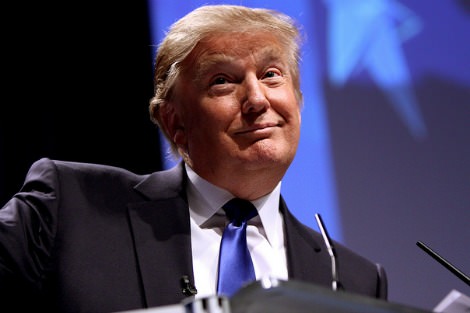
AUSTRALIA
- Fatima Measham
- 16 October 2016
12 Comments
Much has been made about how Republicans benefited from the 'birther' campaign and the Tea Party. It suited them to have proxies undermine the executive branch. In other words, the political right only has itself to blame for the nihilism which now engulfs it - and potentially, the nation. But the failures of the left also bear examination. While Clinton's current lead cannot be attributed entirely to her virtues, the polling gap between her and Trump should have been much wider, earlier.
READ MORE 